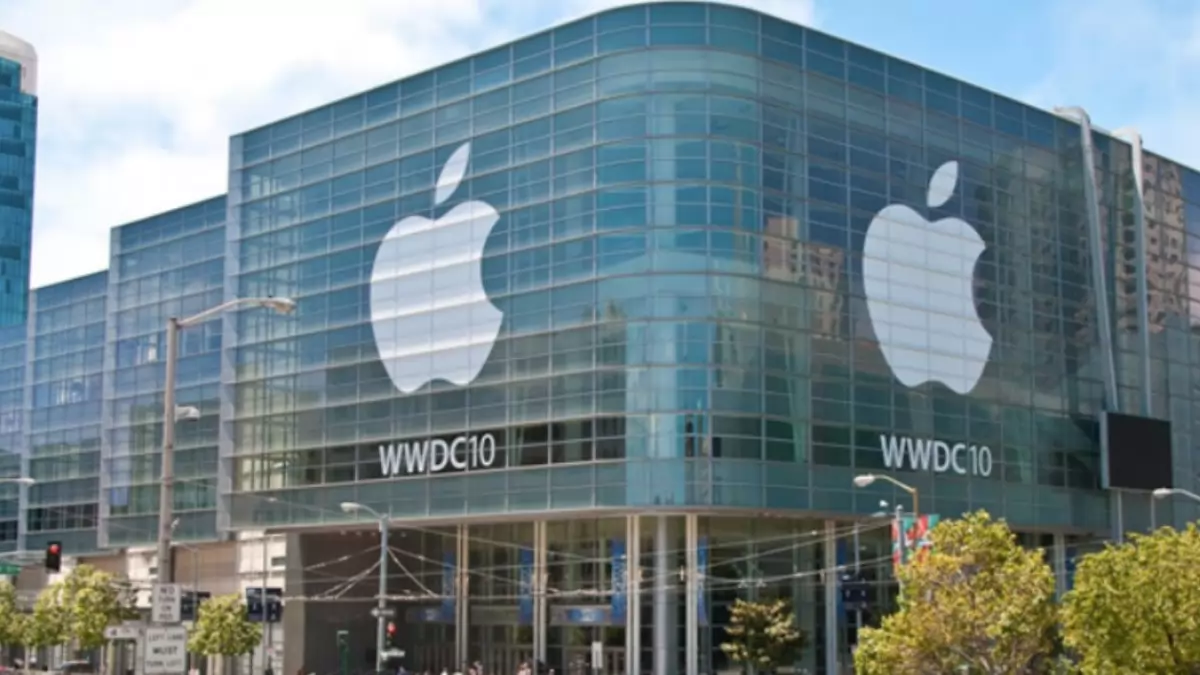
Fickr
Apple has stirred controversy in the United States by introducing a 27% fee on all in-app purchases made through external platforms. The tech giant updated its App Store policy to permit developers to link to additional payment methods but will still take a 27% cut of all transactions (12% for small developers), deviating from the usual 30% or 15% for small developers.
The move has triggered outrage among consumers, with digital music service app Spotify leading the charge against Apple's new transaction fees. Spotify criticized the tech giant for its "outrageous" actions, accusing it of prioritizing profits over the welfare of developers and consumers.
While the fee currently only impacts App Store users in the US, there are concerns that it could extend to other regions, including the UK. Spotify called on the UK government to intervene, urging swift passage of the Digital Markets, Competition, and Consumer Bill to prevent Apple from implementing similar fees in the UK.
Tim Sweeney, the CEO of Fortnite developer Epic Games, also expressed discontent with Apple's 27% fees on external payments, branding them a ‘bad faith ‘compliance’” with court orders and labeling it an ‘anticompetitive’ new tax. Sweeney announced that Epic Games would contest the matter in court.
Moreover, Sweeney criticized Apple's disclaimer for users opting for an external payment method, referring to it as a ‘scare screen.’ Users choosing an external payment option receive a message cautioning that they are leaving the app and heading to an external website, with Apple disclaiming responsibility for the privacy or security of purchases made on the web.
It's important to note that Apple implemented these fees in the US following a protracted legal battle with Epic Games. The fallout from these changes continues to reverberate in the tech industry, prompting concerns about the implications for competition and innovation.





Copyright © 2026 Top Indian News
